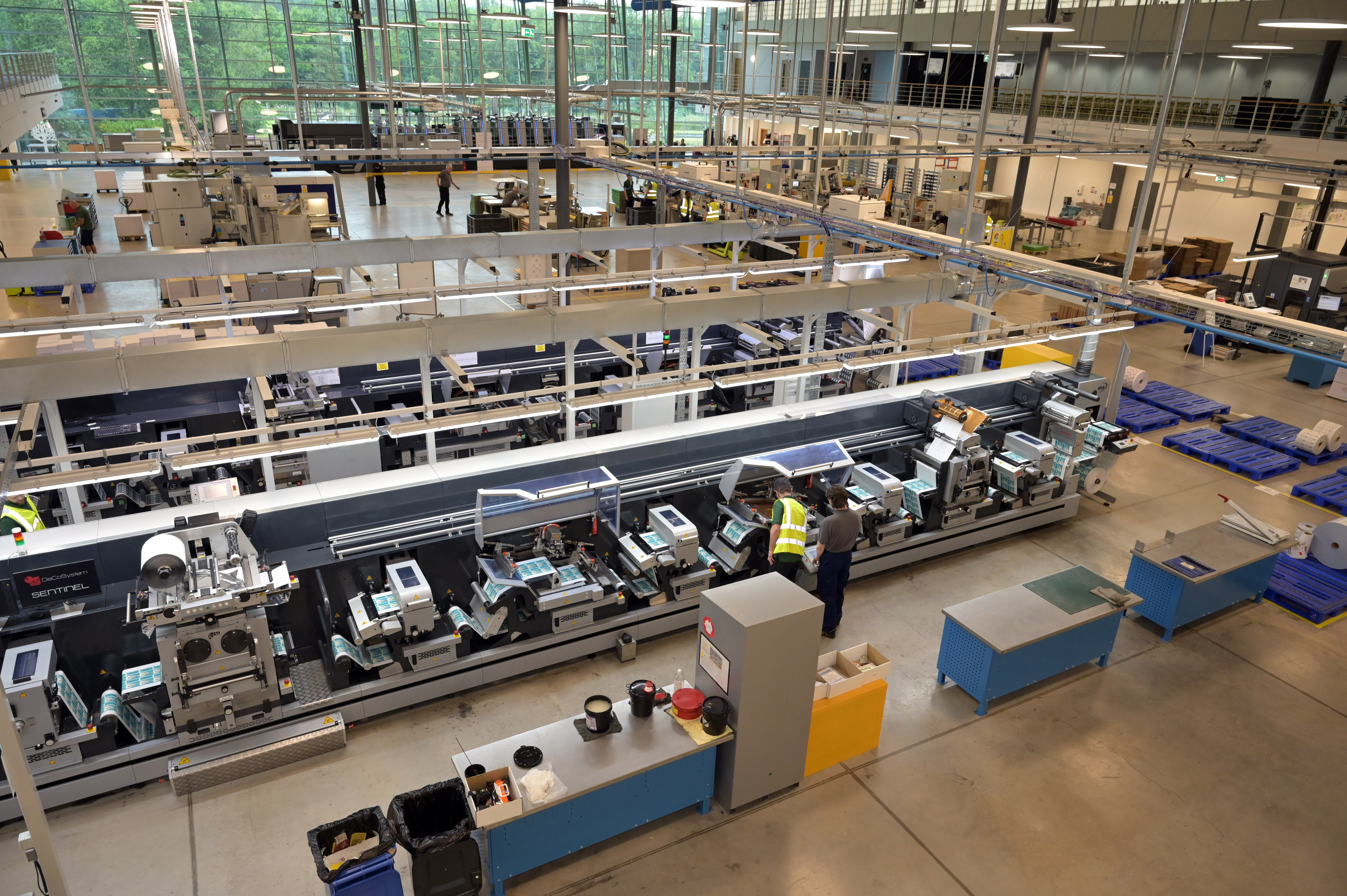
A conversation with Professor Jean-François Manzoni, President of IMD and Nestlé Chaired Professor
January 23, 2020
Switzerland is a small but unique country that punches above its weight in many categories including business, education and innovation.
One Swiss institution at the intersection of all three is the International Institute for Management Development (IMD), the partner of choice for individuals and organizations that seek expert support for transformation and leadership development.
An innovative approach to education
At the heart of Switzerland’s success is its educational landscape, says Jean-François Manzoni, President of IMD.
There are two key elements to this, says Professor Manzoni: cooperation and the foundations of the system itself.
He cites a recent three-way agreement signed between IMD, the Swiss Federal Institute of Technology (EPFL), and the University of Lausanne (UNIL).
“These are great, world class institutions and we are very fortunate that we are all located close to one another. There is a lot of goodwill and we cooperate to ensure that, on selected topics, the whole can become more than the sum of its parts,” he said.
IMD and EPFL also recently partnered to create a program on building business opportunities using up-and-coming technologies like blockchain and robotics, which capitalizes on the expertise of both schools.
Another factor in Switzerland’s educational success, in Professor Manzoni’s view, is the fact there are two paths for people to follow: the university track and the vocational track. He is quick to point out that one is not inherently better than the other.
“There is an acceptance that not everybody needs to go to university for long periods of time. In the vocational track, you still have individuals who are making it to the top of companies, having gone through the apprenticeship system. It favors people who learn better from practice than theory. Swiss companies are also very likely to propose lifelong learning opportunities to their employees.”
Making a difference
As an academic institution, IMD’s two degrees (MBA and EMBA) are very much at the heart of the Institute’s priorities and activities. The MBA program is a one-year program aimed at slightly older individuals (31 years old on average) and features a surprisingly small cohort—90 participants every year. “It is a very elite, very boutique, very bespoke experience. I know every candidate in the class. There are not a lot of world class business schools where the Dean has met every MBA,” said Professor Manzoni.
As central as its two degrees are, IMD derives 80% of its revenues from specialized, non-degree programs for executive and organizational development and transformation. The executive education sector is becoming increasingly competitive, with business schools, professional service firms and technology developers all vying for the same clients. IMD’s mission and approach to learning mean it is well-placed to capture a significant share of the market, says Professor Manzoni.
“We are an academic institution with a very strong connection to practice. We develop leaders who make a difference, transform organizations and contribute to society. We say to people, ‘we’re not here to tell you what to do, we’re here to help you find out what you should do’.”
IMD’s advantage is that its expertise is not only focused on a one-way transmission of information. It is committed to innovative pedagogy and creating experiences where people learn more than what they are told by their professors.
“The advantage of being an independent business school is that all of our activities, resources and processes are selected for the sole benefit of the business school and its various stakeholders. Everything we do is to optimize our contribution to the world.”
The increasingly busy schedules of today’s business leaders leave less time for them to get away from their desks and into the classroom. For IMD, this means that technology like online learning represents an opportunity.
“We know from neuroscience that learning requires repetition. Neurons that fire together, wire together,” said the professor.
One example of the ways IMD is harnessing new technologies is an app called ‘augmented tribes’ that helps distributed teams innovate together.
The competitiveness of nations
IMD is also home to one of the world’s most trusted and authoritative sources of information on the economic competitiveness of nations – the IMD World Competitiveness Center.
For 30 years, the IMD World Competitiveness Center has pioneered research on how nations and enterprises compete to lay the foundations for future prosperity. There are two lessons Professor Manzoni says he has learned about Swiss-US relations from the data collected during this time.
One is that globalisation has largely been a force for good, as it has lifted hundreds of millions of people out of poverty. The other is that markets are not perfect; market inefficiencies do exist and governments do have a role to play in shaping economies.
“Our view is that international cooperation is better than isolation. But we do believe in fairness in trade,” he said.
There are many parallels between USA and Swiss citizens, such as personal resilience and a strong work ethic, he added.
When asked what kind of leader he is at IMD, Professor Manzoni cited the late Indian business academic Sumantra Ghoshal.
“Leaders are not paid to preside over the inevitable. I would like to add that we should also alter the course of the organization we lead in a way that leaves its systems stronger. The same goes for the environment.”
IMD is not just in the business of helping companies make more money, its president said. His institution works with executives to help their organizations succeed but in a way that also contributes to a more prosperous, peaceful, inclusive and sustainable world.
“A better world requires growth and prosperity because you can’t distribute money you don’t have. But we also need to grow the economy in a way that is sustainable, and the evidence is mounting rapidly that the current approaches are not sufficient in this respect.”
























